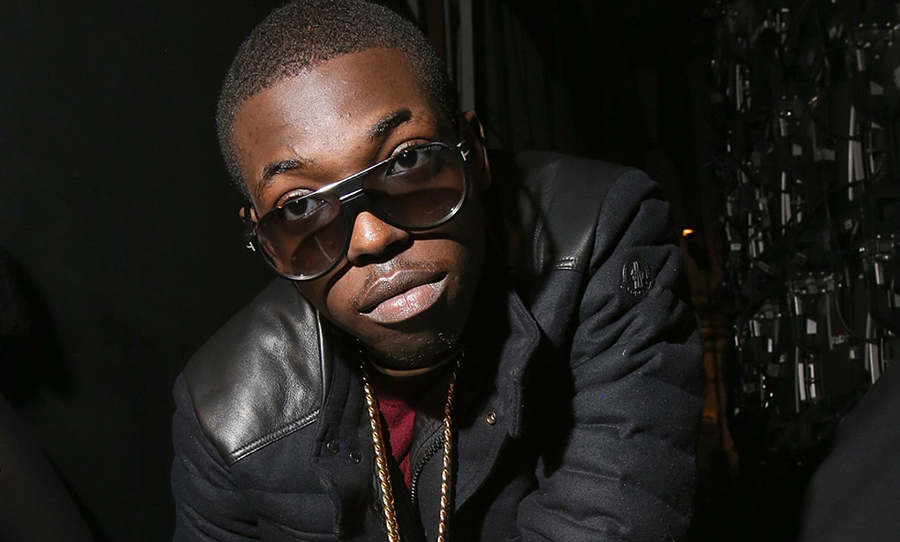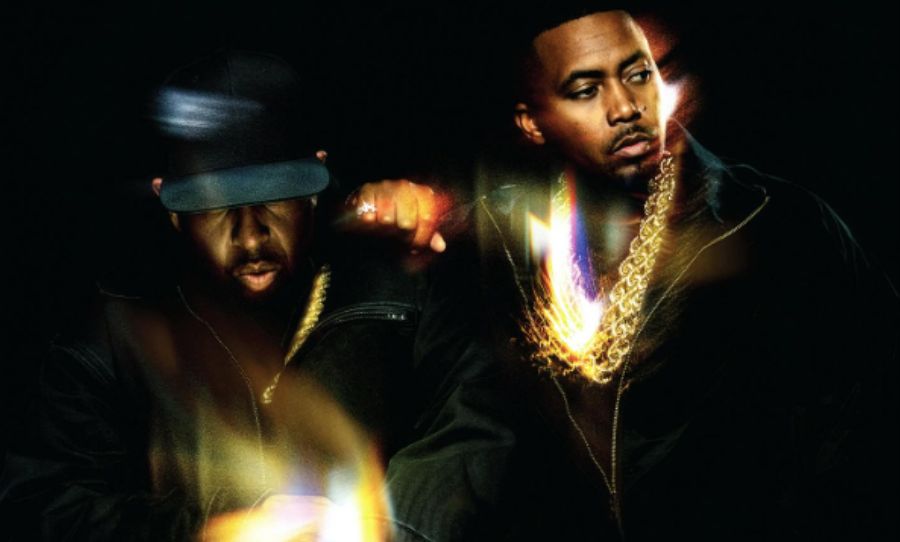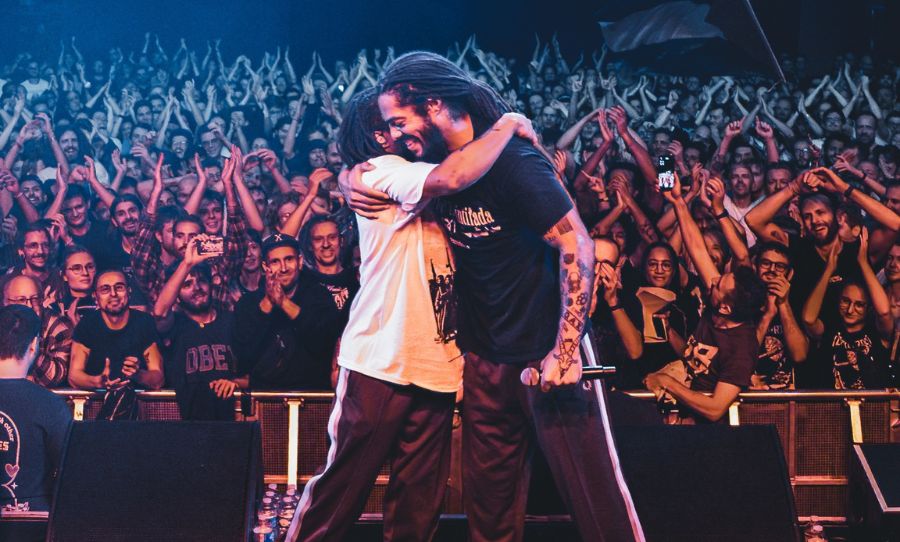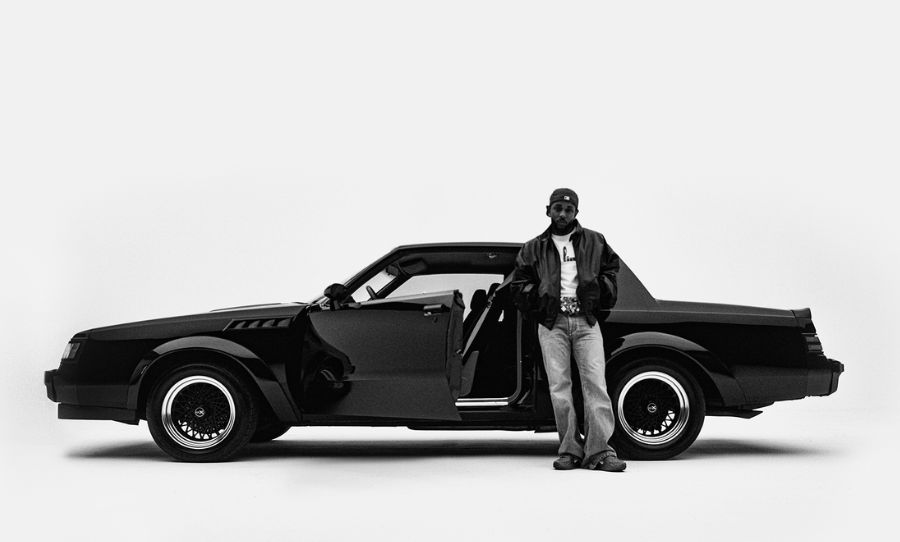Controversial rapper Bobby Shmurda is coming home after a lengthy run-in with the law. However, the saga isn’t over just yet.
After he was denied parole late last year, the New York State Department of Corrections have restored the Brooklyn rapper’s credit and announced that he is eligible for conditional release.
Today, crewmate Rowdy Rebel announced that Bobby Shmurda would serve the rest of his sentence, from February 23, on parole.
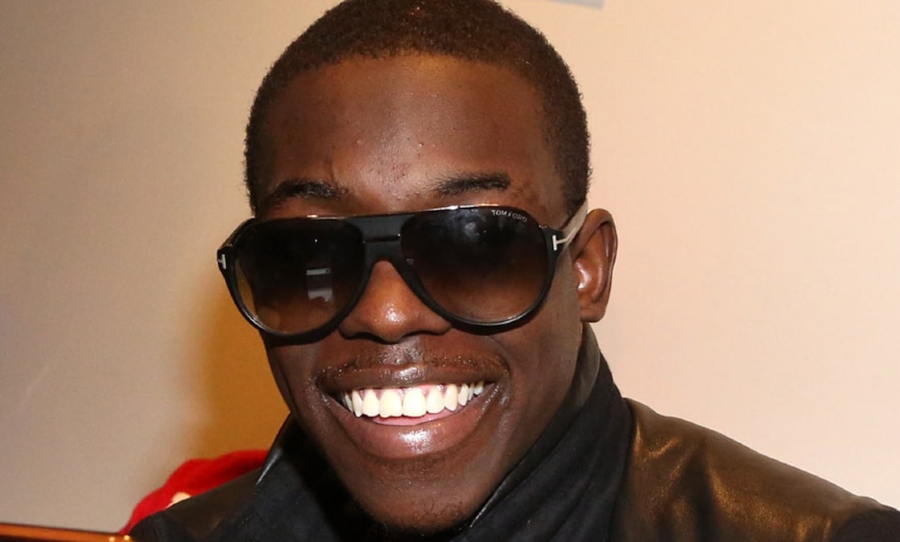
The backstory
Bobby Shmurda was arrested back in 2014 alongside fourteen others including his brother and GS9 label-mate, Rowdy Rebel. Shmurda was charged with gang conspiracy, as well as drug and gun-related charges including conspiracy to murder, weapons possession, and reckless endangerment. He was sentenced to seven years in prison.
Bobby Shmurda’s parole was denied?!
I’m really over this year. 🤬 pic.twitter.com/YlfqieDVRW— ʙɪɢ ᴘᴜɴ 🐝 (@fotoqueen24) September 21, 2020
Police had allegedly been investigating GS9 (which also doubled as a gang) for some time. They had been known for various criminal antics including shooting at crowds, dealing crack, and waging gang wars – all of which were depicted in Shmurda’s songs and videos. Following his arrest, Shmurda faced a maximum sentence of 8–25 years. He pled not guilty.
Fast forward to 2020, the rapper would have been eligible for release. However, his less than desirable track record during his incarceration may have been a factor in his denied parole. Throughout his time in jail, Shmurda has chalked up more than ten violations for incidents including drug possession, fighting, possessing a weapon, and more, including one instance in 2015 when he and his ex-girlfriend attempted to smuggle a knife into Rikers Island jail.
Me calling Kim Kardashian for Bobby Shmurda: #BobbyShmurda pic.twitter.com/CrkJeoCxOU
— A Blessing (@BLM_004) September 21, 2020
The #FreeBobby campaign
Social media has been incredibly devoted to musicians of late and Bobby Shmurda is certainly no exception. In his absence, the #FreeBobby campaign was sparked across social media, advocating for the artist’s return to music. Through said campaign and the legend that came from his loyalty to GS9 during the saga, reports began circulating surrounding the socio-political context of the gang’s demise.
In particular, NPR’s Louder Than A Riot drew parallels between the rise of hip-hop and the mass incarceration of Black musicians. From Shmurda to Nipsey Hussle, the podcast’s conclusions on the power dynamics ingrained in the rap scene fuelled the fire left by the rapper’s arrest.
Bobby Shmurda. Nipsey Hussle. Mac Phipps. DJ Drama.
You’ve heard their names. But #LouderThanARiot goes deeper than headlines & trending topics.
What do their stories tell us about America’s obsession with race and criminality?
All episodes out now: https://t.co/JoTA7bILow pic.twitter.com/dBa3Cq9S4X
— Louder Than A Riot (@LouderThanARiot) December 20, 2020
What comes next?
Shmurda will remain on parole for a maximum of five years, however, has told reporters that he doesn’t want to return home. “I’ll be in New York to handle business or do a show, but I don’t want nothing to do with New York,” Bobby told NPR.
“I learned that even as a felon I still can’t have a gun, but I can have security. So I told my bros who don’t got felonies and stuff, go get your license and stuff like that. I tell a lot of people, rappers these days and all that too, I’m saying, because nobody want police as security.”
Whether Shmurda will return to the hip-hop game is another things entirely. Although himself and collaborator Rowdy Rebel will both be released, the face of music – particularly Brooklyn rap – has shifted dramatically in the last few years. Fans can only hope that their loyalty and support will guide the artist through this time.
Next Up: Kanye West uses image of Kirsten Dunst in election ad, everyone confused
